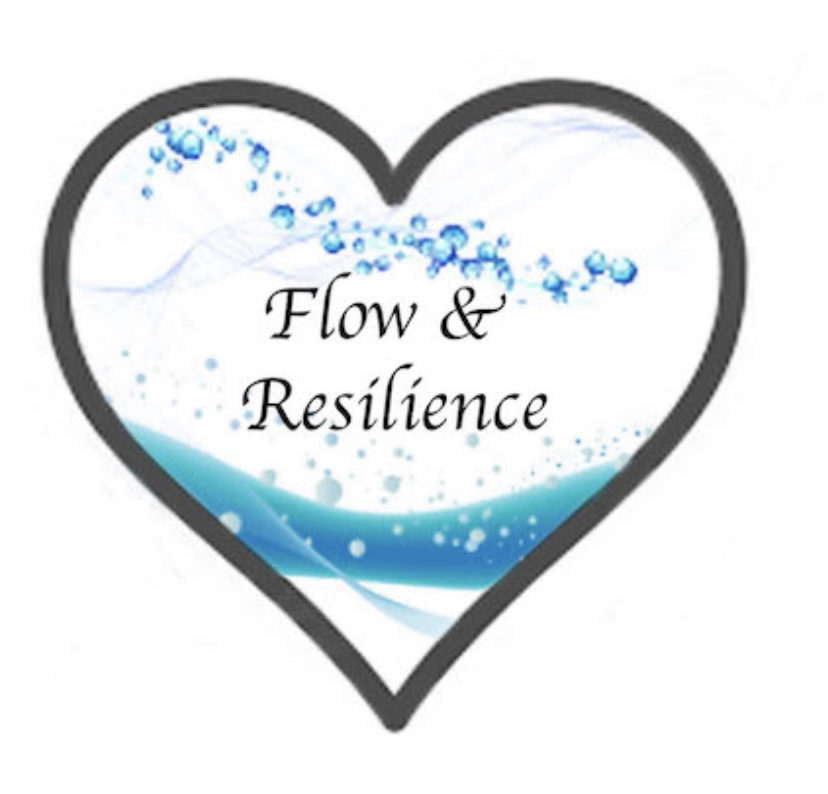Emotional intelligence (EI) is an important factor for success in the workplace. It involves understanding your own emotions, being aware of how those emotions affect your behavior and relationships with others and managing emotions to help you better achieve goals. Developing emotional intelligence can give employees a significant edge over their peers, allowing them to manage relationships more effectively, think more clearly under pressure, handle stress better, and stay motivated while adapting to changing environments.
The benefits of emotional intelligence are clear — it improves employee performance, increases job satisfaction and engagement levels amongst team members, reduces conflicts between teams, and ultimately contributes to the overall success of companies. For these reasons, it can benefit employers to invest in training programs that focus on developing the emotional intelligence of their employees.
Training in emotional intelligence can be tailored to an individual's needs, allowing each employee to identify areas that need improvement and to set goals for themselves to become better at managing their emotions.
Emotional intelligence training typically focuses on developing self-awareness and the ability to understand, express, and manage emotions. It also involves learning how to effectively communicate and build relationships, recognize how emotions affect decision-making and manage stress. Different types of emotional intelligence training include activities that focus on self-reflection, self-management, and empathy.
Self-reflection activities often involve identifying, understanding, and managing one's emotions. This type of training can help people become more self-aware and capable of noticing the cues that indicate their emotional state. Self-management activities focus on learning how to control emotions and can help people learn to take responsibility for their feelings instead of letting them control them. Empathy training involves learning how to recognize, understand, and respond to the emotions of others. This type of emotional intelligence training can help people better communicate with and connect to those around them.
Regular practice of these skills can have a lasting positive impact on personal relationships, work performance, and overall well-being.
Through Flow & Resilience's EI training, companies can equip their employees with the skills to recognize and regulate their emotions, better understand themselves and others, and collaborate more effectively as a team. This investment is sure to pay off in terms of improved productivity, better decision-making, reduced stress, and a more positive work environment. By investing in emotional intelligence training, businesses can build a more effective and efficient workforce, helping to increase their overall success.
